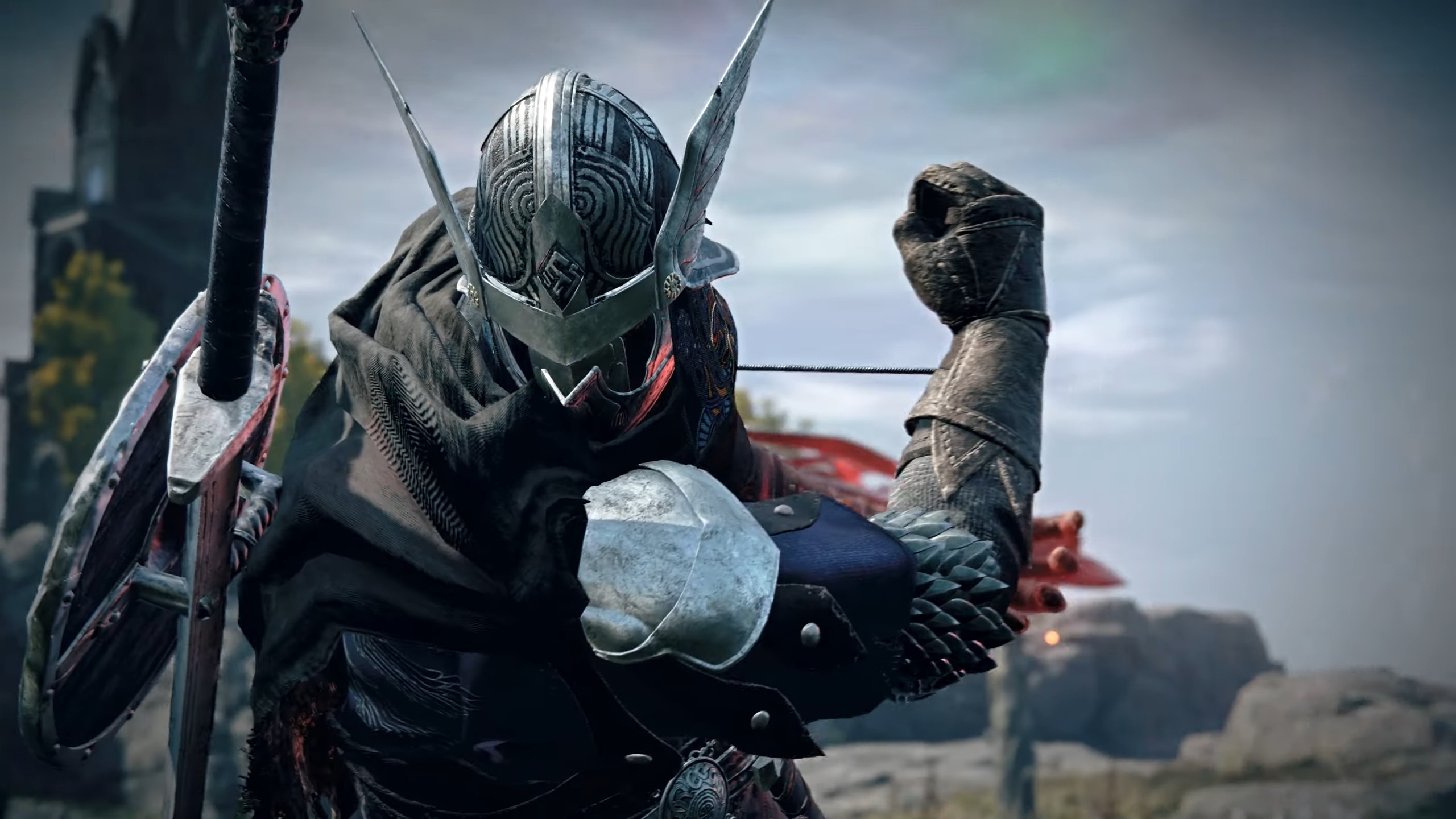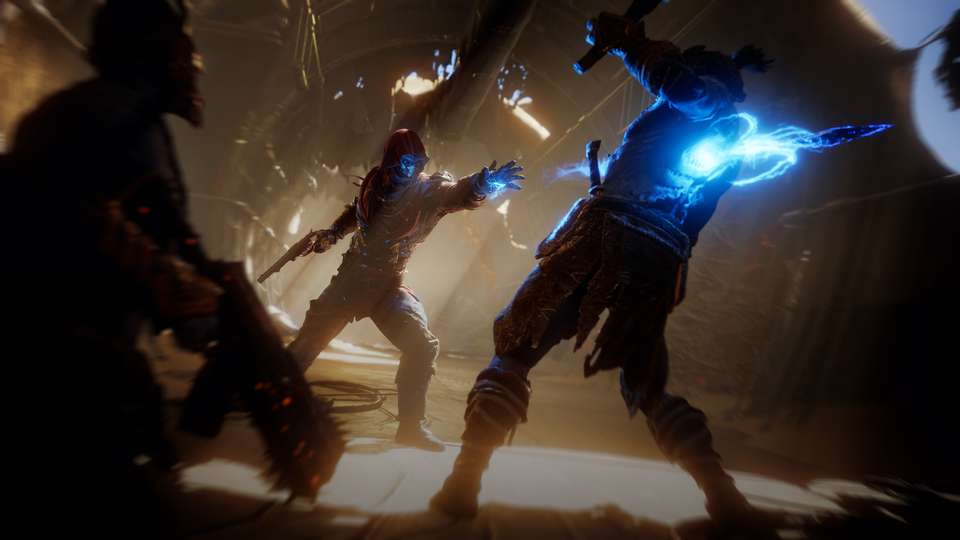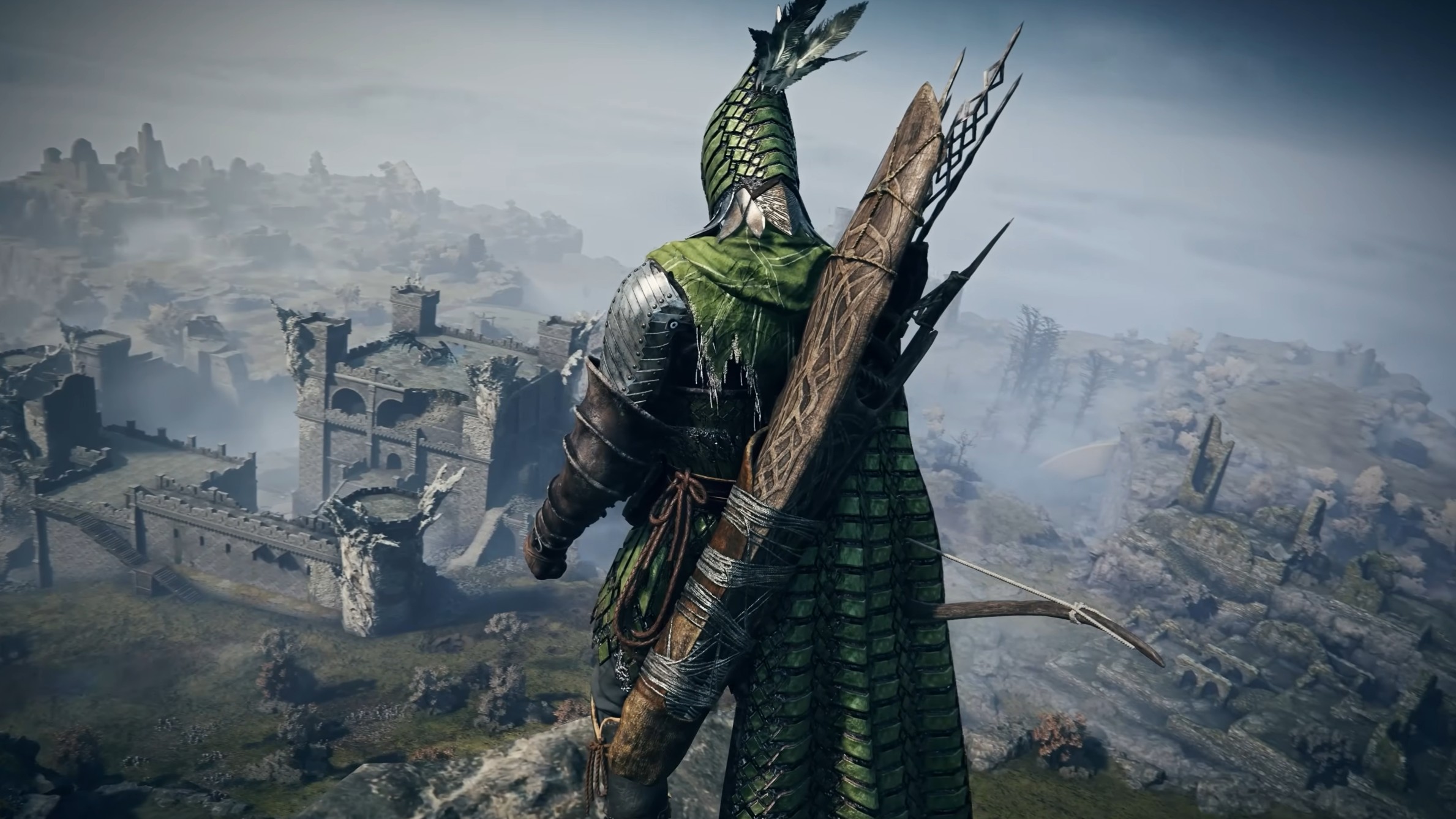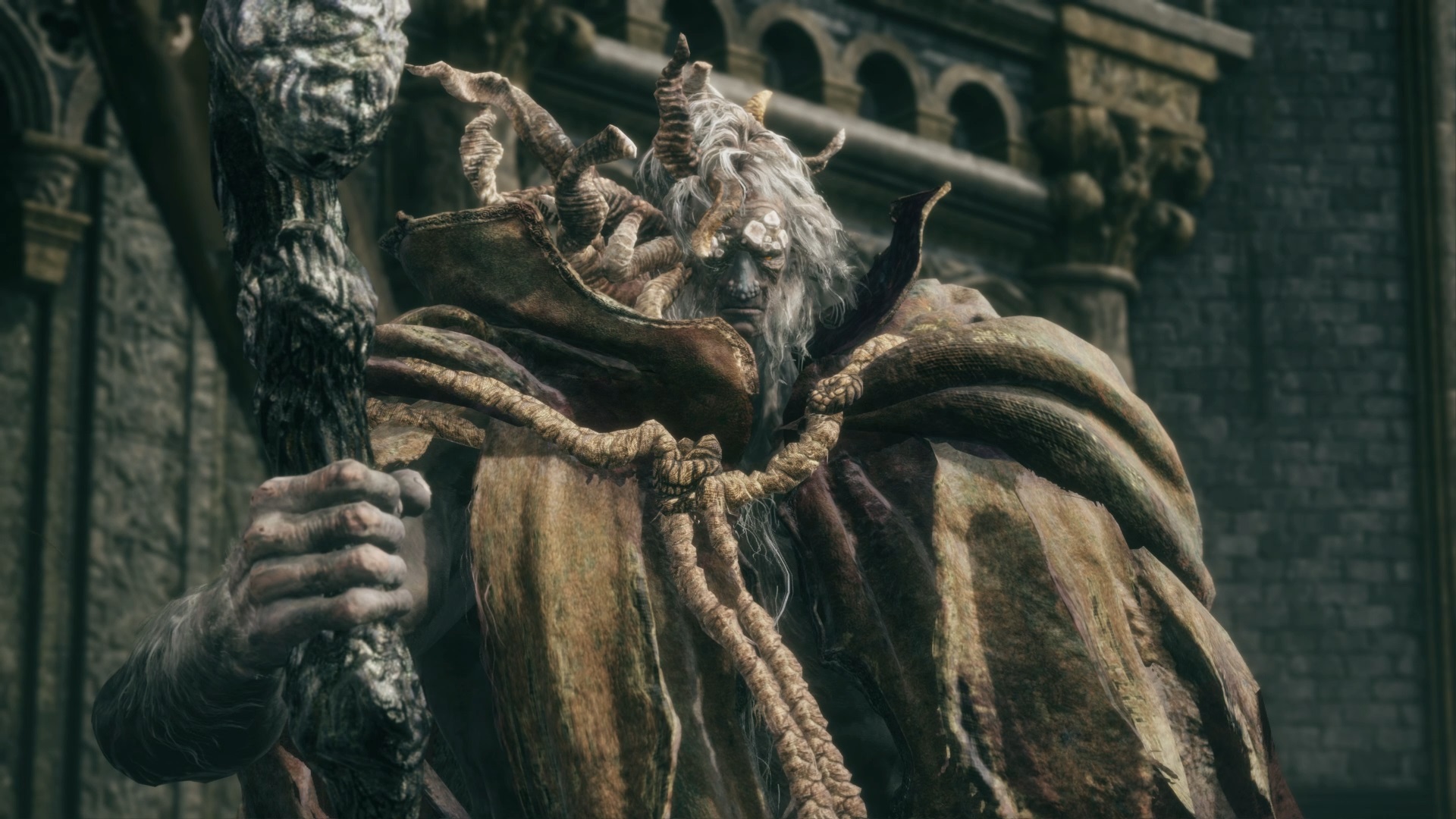
My first hands-on with the unconventional roguelite was less inspiring than I'd hoped.
Unconventional concepts require excellent execution, and Ravenbound’s open world roguelite mashup is indeed unusual. After a promising first look at Ravenbound back in August I’ve gotten to play it sooner than I expected… and probably sooner than developer Systemic Reaction should have allowed. As of right now, Ravenbound’s melee combat is not excellent.
And that combat is pretty important. Ravenbound’s core concept is that it’s an open world action roguelite, specifically third-person melee combat with fantastical baddies pulled from Swedish folklore. In a typical roguelike/lite, linear progression and randomization would force me to survive one room of combat and then the next, creating tension by not telling me what’s through the next door. Ravenbound doesn’t work that way.
The first thing I do is jump out of a tower, turn into a bird, and survey the symbols denoting combat encounters and key locations strewn about the mountainous, forested landscape beneath me. The world is at my wingtips so I soar for the location of one of three keys I’ll need to unlock the area boss, dive to the ground, and transform into a human, ready for a scrap.
It comes down to combat
Ravenbound’s combat gave me a set of familiar actions: light attack, heavy attack, charged heavy for stuns, blocking, dodging, and a plunging attack pulled off by jumping before dropping a heavy. My enthusiasm dried up as soon as I started tapping attack buttons because unfortunately, dodging, blocking, and sword-swinging—Ravenbound’s fundamentals—all felt bad in the alpha build I played.
When I jump up and then press the right trigger for a plunge attack (Ravenbound recommends a controller) my character hangs in the air half a second too long. When goblin-like Tufftir enemies perform a similar move, they deal damage even if I’ve moved well out of their way before they land. The dodge maneuver lets me change direction mid-slide, which feels soupy instead of tactical. I can lock onto a target during combat, but tipping left or right with my analog stick to swap targets works so rarely that I found myself unlocking and relocking a new target instead. That’s not ideal when those little goblin fellas often come in fast-moving packs of five or more.
(Image credit: Systemic Reaction)
The only bit of combat that nearly clicked was the perfect guard, which knocks back and stuns groups of enemies if I time it just before their strike. Even that I can seldom use to cancel my own attack animation—whether by design or error I couldn’t tell.
These seem like solvable complaints individually, and maybe even as a whole Systemic Reaction will be able to yank the reins of its combat back on track. As it is now though, my first encounter with a group of dual axe-wielding humans actually made me wince and every subsequent encounter confirmed that gut reaction.
I was certainly prepared to forgive Ravenbound for mid-development oddities…but combat, the primary activity, wasn’t negotiable.
Past the combat, all of Ravenbound’s supporting elements encourage efficiency—an inclination I still appreciate towards controlling its openness. I can transform back into a raven at certain points on the map to fly to a new encounter faster. The town near the center offers additional health potions for sale along with quests from NPCs which will reward coins to buy those non-renewable potions. Combat encounters reward me with a card I can add to my hand: some giving additional attack, others defense, one particularly handy one would cause bleeding on nearby enemies any time I used a health potion. Tragically, I was already out of health potions by the time I received it and was loathe to take on a quest, and thus more muddy combat, in order to afford one.
(Image credit: Systemic Reaction)
The developers told me they hope to grab people who aren’t typically roguelike/lite players—presumably those who are third-person action fans who might be open to a change. That’s me. When a game has an intriguing prospect, something that I want to see succeed, I go in willing to make some excuses for it. I was certainly prepared to forgive Ravenbound for mid-development oddities like lighting glitches and placeholder text, or even the cohesion between its map and roguelite tension feeling half-baked. But combat, the primary activity, wasn’t negotiable.
I’m still intrigued by what Ravenbound’s trying to do. A roguelite with a known map, a day and night cycle, weather, quests to accept if I dare—those are all worthy ideas. I had hoped to come away from this first hands-on with a judgment on whether all those things together had legs. I want to know if its card-based upgrades feel as compelling as unlocking guns with weird effects in Enter the Gungeon. But I can’t even make that call yet, when its core swordplay feels so off.
The hopeful note here is that Ravenbound is not imminently launching, so it’s possible things will improve. Systemic Reaction is still planning beta tests sometime in the near future, which you can sign up for on its website. If you’re still fundamentally interested in a roguelite stretched out into an open world, try getting your hands on this one ahead of time to be sure.






